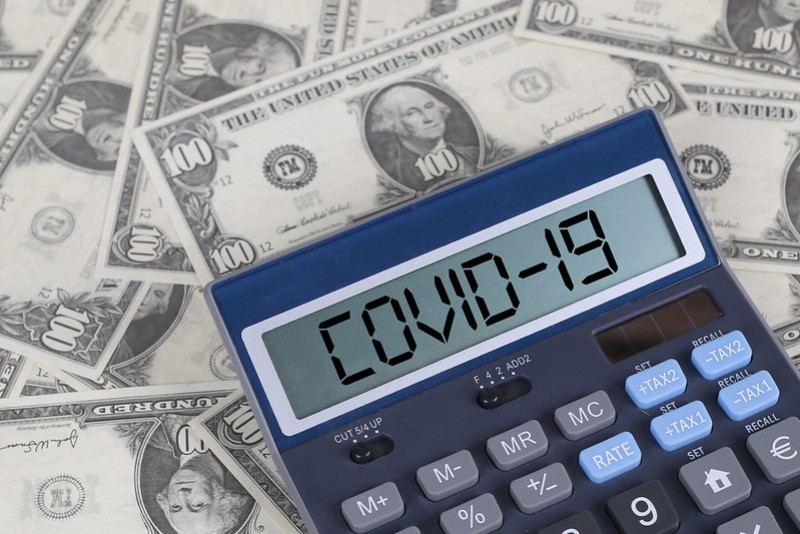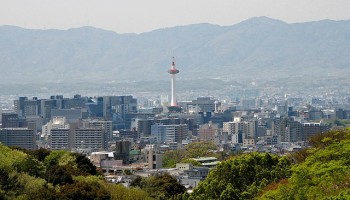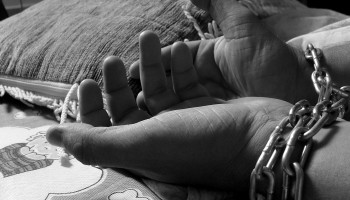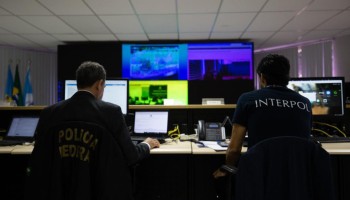“If medicines are diverted because a bribe is paid, innocent people deprived of treatment could die,” the UN Working Group on Business and Human Rights stated Thursday, presenting their report “Connecting the business and human rights and the anti-corruption agendas” to the UN Human Rights Council.
The group called on governments to “act rigorously and in a more integrated way to ensure that companies are preventing corruption in business activities and ensuring respect for human rights.”
“Masks are disposable, workers are not,” the Chair of the Working Group, Anita Ramasastry, said.
She stressed that workers risk their lives going to work in grocery stores, factories, on farms, in hospitals and nursing homes. States “should only support those companies who actively ensure their safety and well-being.”
Along with the warning, the report also called on governments to implement stronger legal and policy measures.
“Reforming beneficial ownership laws so that victims of business-related human rights abuses, tax authorities and law enforcement, have information about the ultimate owner of a shell company, strengthens transparency, safeguards against corruption and helps protect human rights,” the UN experts said.
Those who “perpetrate human rights abuses and/or engage in corrupt acts,” should face targeted sanctions, their assets should be frozen and visas denied, read the report.
It recommended that public procurement laws must “ensure that taxpayer funds are not given to companies that pay bribes and commit fraud, and that government contracts go to those that respect human rights.”
Another UN body also warned that criminals have been using the COVID-19 pandemic to profit from peoples’ suffering.
“Health and lives are at risk with criminals exploiting the COVID-19 crisis to cash in on public anxiety and increased demand for PPE and medications,” Executive Director of the UN Office on Drugs and Crime (UNODC), Ghada Waly, said on Wednesday.
The latest UNODC “COVID-19-related Trafficking of Medical Products as a Threat to Public Health” research said that criminal gangs are exploiting both the uncertainties surrounding the coronavirus, as well as the inconsistencies in national regulations.
“Transnational organized crime groups take advantage of gaps in national regulation and oversight to peddle substandard and falsified medical products,” Waly said.
UNODC reminded of numerous cases of misuse of the pandemic throughout the world, like COVID-19-related scams in the USA, worth some US$13.4 million and affecting more than 18,000 people.
The UN agency also mentioned the Western Balkans, where “organized criminal groups are believed to be involved in money laundering and investing their illicit gains in the production and trafficking of falsified medical products and protective clothing.”
Purchases of substandard ventilators were reported in Bosnia and Herzegovina, while substandard and falsified ventilators, potentially dangerous for patients, were also recorded in Russia and the UK, according to UNODC.
The agency also warned of numerous “fake online shops selling fraudulent COVID-19-related items,” and thousands of cyberattacks related to COVID-19.






